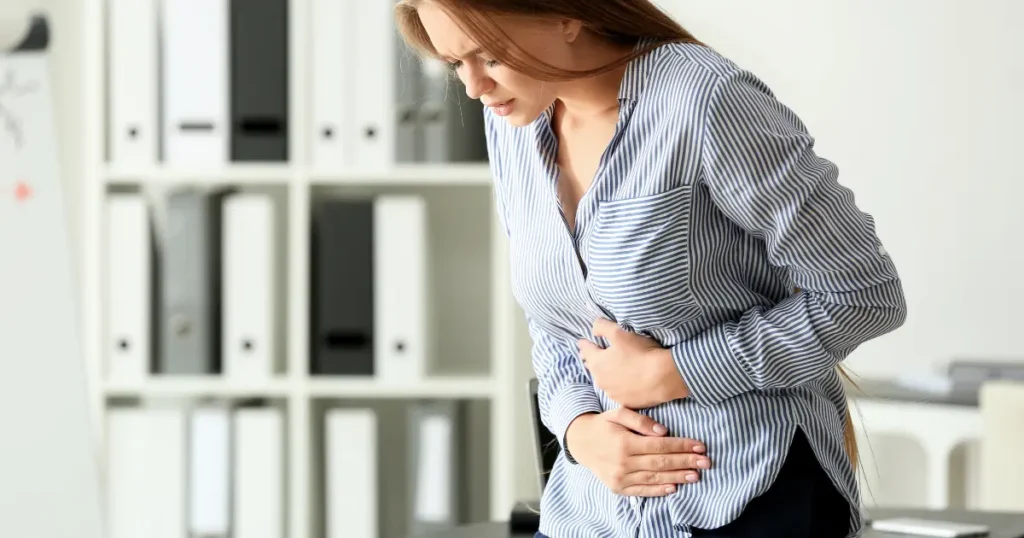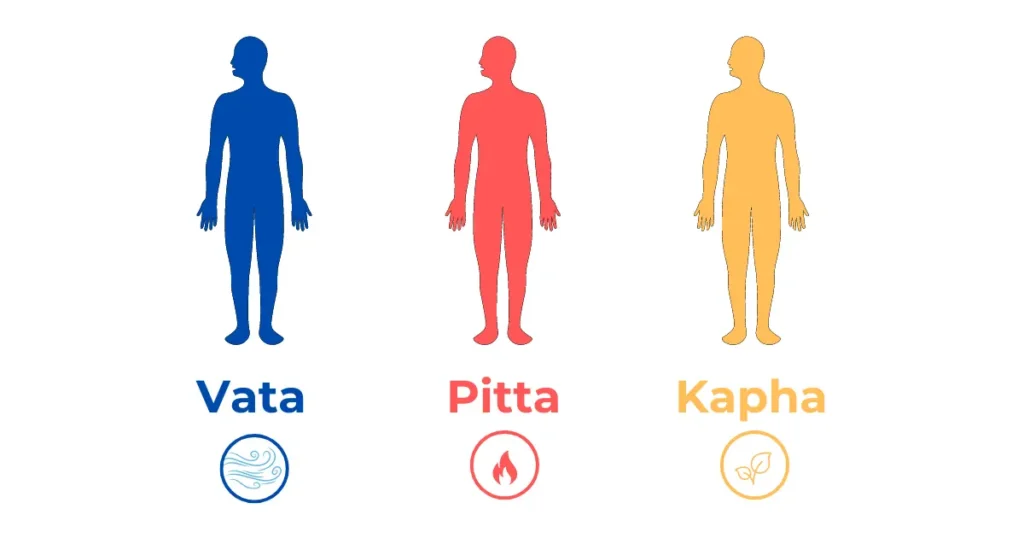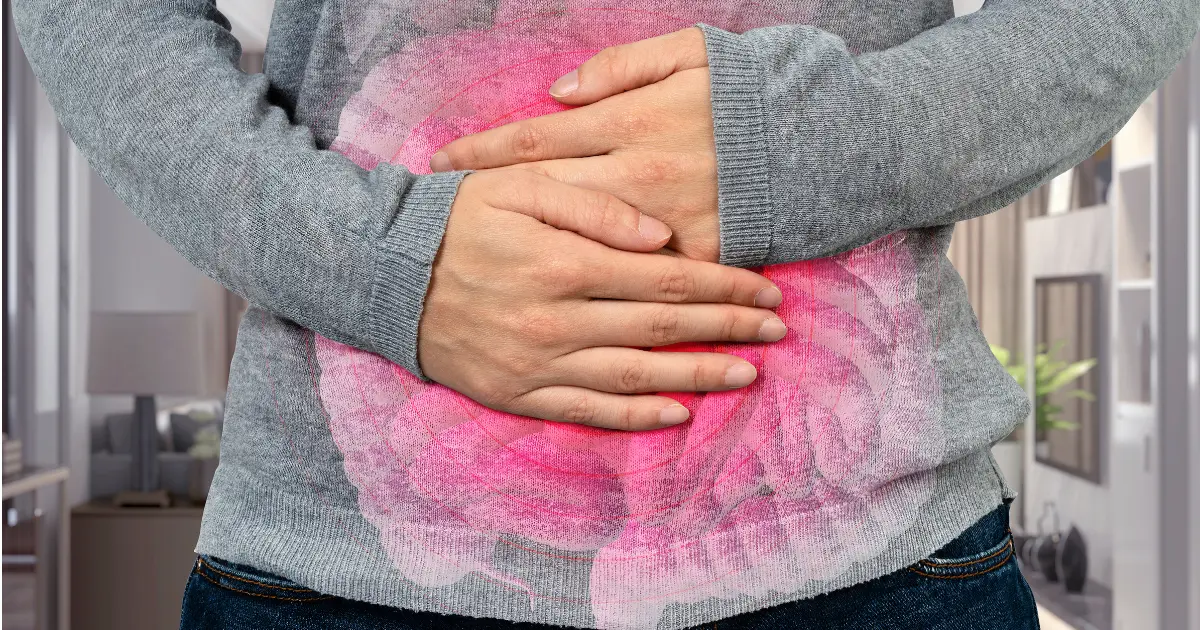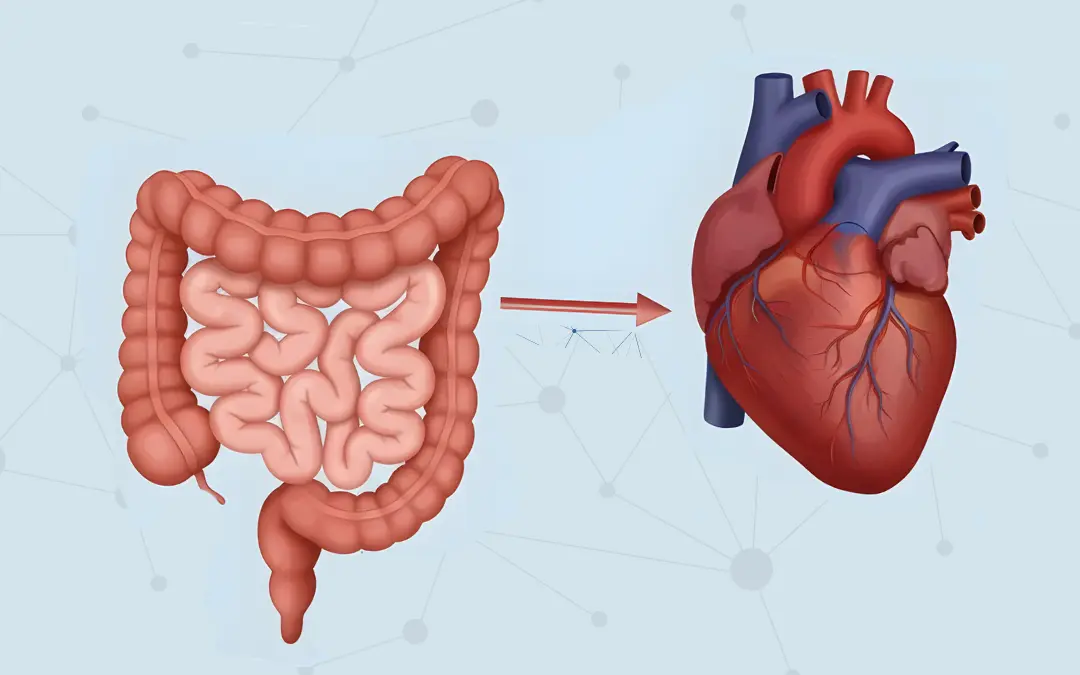- Written by Dr. Keshavan Nambisan, Co-Founder & Chief Medical Officer of UWAY Health
Irritable Bowel Syndrome (IBS) is becoming increasingly common among working women, particularly in urban areas like Bangalore. Studies suggest that about 15% of the population in India suffers from IBS, with a significant majority being women. Many of these women turn to Ayurveda IBS treatment for working women after finding limited success with conventional methods.
As an Ayurvedic doctor and co-founder of UWAY Health, I often encounter several common questions:
1. Why is this trend of IBS increasing among working women?
- How do hormonal changes during menstruation, pregnancy, and menopause affect IBS symptoms?
- What is an effective Ayurvedic treatment plan for IBS, considering the numerous over-the-counter products available?
Let’s explore these concerns in this blog.
1. Why is this trend of IBS increasing among working women?
The Rising Trend of IBS in Working Women
Among diseases related to anxiety, stress, and lifestyle disorders, women are disproportionately affected. IBS, a functional disease characterised by imbalanced bowel motility leading to diarrhoea, constipation, bloating, and abdominal cramps, is no exception. Unlike diseases with clear pathological markers, IBS is diagnosed based on symptoms, making its management more complex.

Why Are Women More Affected?
The hormonal component plays a significant role in the fluctuating symptoms of various diseases, including IBS. For example, autoimmune diseases like arthritis and degenerative diseases like spondolysis, and migraines often cause fluctuating symptoms that correlate with hormonal fluctuations in women. During pregnancy, many autoimmune disease symptoms disappear, only to reappear post-delivery, illustrating the profound impact of hormones on disease manifestation and progression.

The best example would be multiple sclerosis, where you see the patient suffering from multiple sclerosis. When the lady gets pregnant, all the symptoms virtually disappear. And after delivery, slowly, the disease makes a comeback. So the hormones play a very crucial role in the disease manifestation and progression in most women.
IBS is known to have a strong psychosomatic component, with stress and anxiety often triggering or worsening symptoms. In women, hormonal fluctuations due to menstruation, pregnancy, and menopause can significantly impact the severity of IBS symptoms. Symptoms often peak after ovulation and just before menstruation, with symptoms easing after the menstrual cycle concludes.
2. How do hormonal changes during menstruation, pregnancy, and menopause affect IBS symptoms?
The Role of Hormones in IBS
Hormonal imbalances or fluctuations directly affect IBS symptoms. Stress and anxiety can lead to increased bowel movements, bloating, and abdominal cramps, with symptoms often peaking during certain phases of the menstrual cycle.

You can see more patients having a lot of bowel movements per day maybe. five six seven eight ten times a day. You may see aggravated symptoms of bloating. You may see aggravated symptoms of abdominal cramps. Overall, all the classical ibs symptoms are visible when there is lot of hormonal imbalance. So even in a normal cycle, for example, if a person, a lady, is suffering from table bubble syndrome, even during the menstrual cycle, you can see that her symptoms will be peaking just after the ovulatory phase and going up to the onset of menstruation, the 10 days where the IBS symptoms will be at their peak.
And after her menstrual cycle is over, up to the ovulatory period in the next 10-12 days, you can see that most of her symptoms will be at the at the bare minimum or will be considerably less.
Ayurvedic Perspective on Managing IBS
In Ayurveda, IBS is considered a disease of Pitta, with some amount of Vata and Kapha also involved in the disease manifestation. When we try to correlate hormones in Ayurveda, hormones are nothing but expressions of Pitta in the body. Therefore, any kind of Pitta fluctuation or Pitta-related disease might have a hormonal component.
For example, diseases like diabetes and thyroid conditions are Pitta-dominant according to Ayurveda, where the hormonal component is always involved.

When managing IBS in Ayurveda, along with addressing the Pitta and Vata in the physical part of the body, the psychological components of the Vatha and Pitta are also considered.
Ayurvedic Treatment Plan for IBS
Ayurvedic treatment for IBS is highly personalised and can range from simple lifestyle changes to comprehensive treatment plans. Mild cases may benefit from yoga, meditation, and dietary adjustments, while moderate to severe cases require a more structured approach, including counselling and Ayurvedic medicines aimed at reducing anxiety and stress.
Effective Ayurvedic Practices for IBS
Diet and Lifestyle Changes: Incorporating Pitta-pacifying foods, regular meal times, and avoiding triggers like caffeine and spicy foods.
Yoga and Meditation: are practices to reduce stress and anxiety, which are key triggers for IBS.
Herbal Remedies: Ayurvedic herbs like Triphala, Amlaki, and Brahmi can help balance digestive and mental health.
Personalised Treatments: Consult with an experienced Ayurvedic doctor to tailor treatments based on individual symptoms and constitution.
3. A lot of patients ask for a simple, effective medicine to manage IBS because there are so many over-the-counter products claiming to help. what do you think about this product, and can you recommend a specific ayurvedic treatment plan for IBS?
According to the philosophy of Ayurveda, there is no one treatment for IBS. It is very subjective, and it is very patient specific oriented. So mild cases of IBS can be treated with simple yoga, meditation, and some changes in lifestyle and food habits, but moderate to severe cases of IBS need proper ayurvedic treatment, and it has to have a time frame anywhere between 3 to 6 months and a lifelong maintenance level of lifestyle modification and stress management.

Over-the-Counter Products
There are a lot of classical ayurvedic products available to manage IBS, I will recommend personalised ayurvedic treatment. Each patient’s condition is unique, and a tailored approach ensures better management and relief from symptoms.
Conclusion
The increasing prevalence of IBS among working women needs a multifaceted treatment approach. Hormonal fluctuations and stress significantly impact IBS symptoms. Through personalised treatment plans, incorporating diet, lifestyle changes, yoga, meditation, and herbal remedies, Ayurveda provides an effective path to managing IBS. Consult with experienced Ayurvedic practitioners Through understanding the hormonal imbalance in IBS. They can provide effective relief and enhance well-being through Ayurvedic IBS treatments tailored for working women.
About Author

DR. PT Kesavan Nambisan
Dr P.T. Keshavan Nambisan is a renowned Ayurvedic expert and the fifth-generation representative of his family, which has been practising traditional Vaidyas of the Old Malabar region of Kerala for generations. He graduated with a Bachelor of Ayurvedic Medicine and Surgery (BAMS) from Rajiv Gandhi University of Health Sciences.
With over 20 years of experience, Dr Keshavan is known for his expertise in addressing complex, chronic, and progressive illnesses such as autoimmune diseases, cancer, chronic kidney disease, and autism spectrum disorders. Before co-founding UWAY, he served as Deputy Chief Medical Officer at The Arya Vaidya Chikitsalayam (AVP), Coimbatore.







